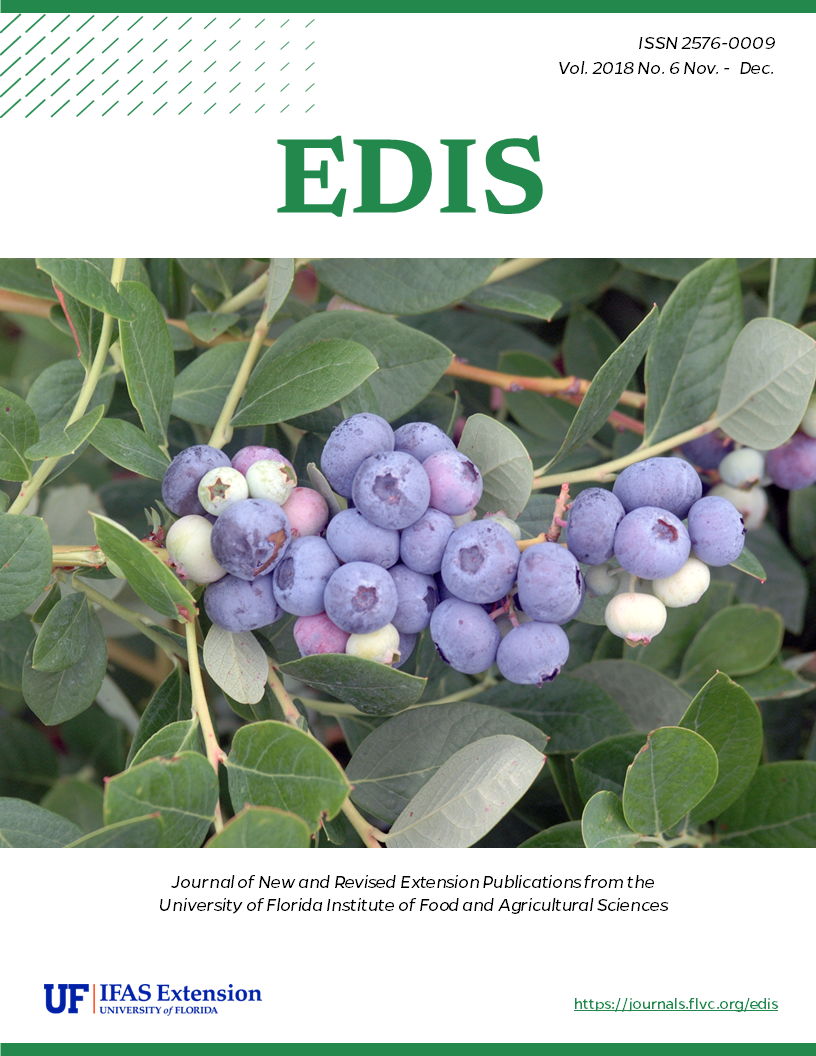Resumen
Several factors influence the flora throughout Florida, including annual freezes, average temperature, annual rainfall, and soil composition. Because of these variations, plants that grow well in one region may not grow well in another. Climate, plant communities, and timing of floral resources differ significantly between the three main regions in Florida: North Florida, Central Florida, and South Florida. While many plants are acceptable pollen producers for honey bees, fewer yield enough nectar to produce a surplus honey crop. As such, the tables in this document list the nectar-bearing plants that are present to some degree in each region and the plants' respective bloom times.
Unless otherwise specified, articles published in the EDIS journal after January 1, 2024 are licensed under a Creative Commons Attribution-NonCommercial-NoDerivs 4.0 International (CC BY-NC-ND 4.0) license.

